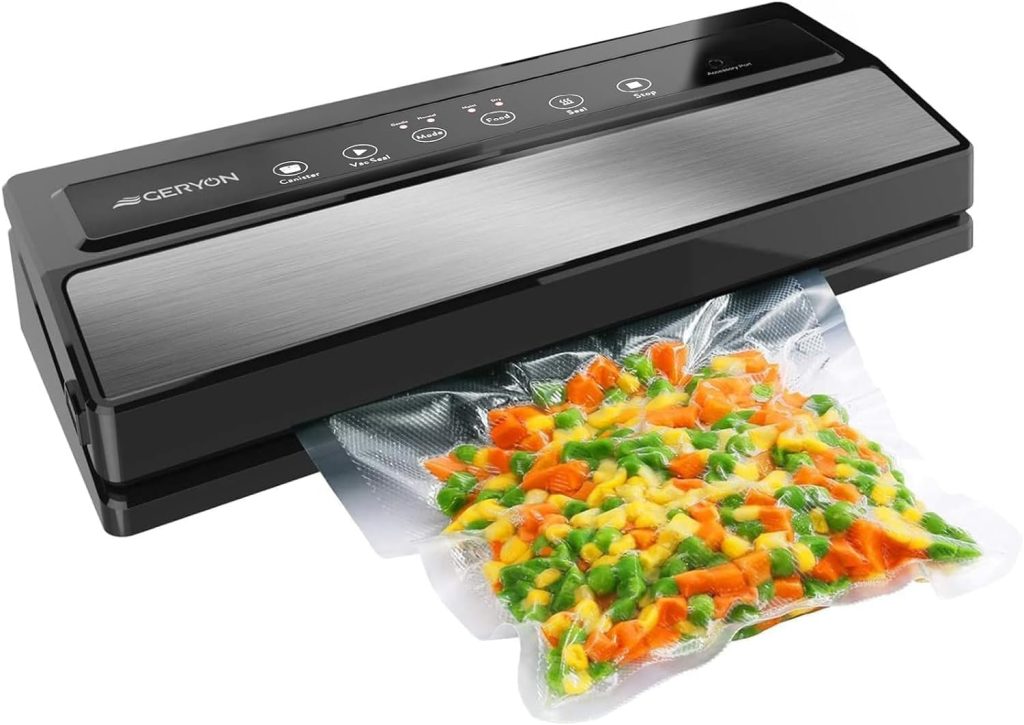Food Preservation Methods
Food preservation using natural preservatives is essential for organic gardeners, ensuring the bounty of their harvest lasts long beyond the growing season. With a dedication to sustainability and health, organic gardeners often seek methods that align with their values.
Fortunately, there exists a variety of techniques that not only maintain the freshness and flavor of homegrown produce but also uphold organic principles. From traditional methods passed down through generations to innovative approaches, organic gardeners can employ a range of strategies to preserve their fruits and vegetables.
Canning and Pickling: Timeless Techniques
Canning and pickling are age-old methods that have stood the test of time. They are perfect for organic gardeners looking to extend the lifespan of their harvest without compromising on taste or quality. Here’s why:
- Sealed Preservation: Canning involves heating food in jars to kill bacteria and other microorganisms, creating a vacuum seal that prevents spoilage. This method is ideal for preserving fruits, vegetables, and even soups and sauces.
- Natural Ingredients: Organic gardeners can customize their canned goods and pickles using natural ingredients like herbs, spices, and organic vinegar. This allows for unique flavor combinations while avoiding synthetic additives.
- Long-Term Storage: Properly canned foods can last for years, making them a reliable option for preserving large quantities of produce from the garden. This ensures a steady supply of nutritious, homegrown ingredients throughout the year.
Dehydration and Freezing: Modern Solutions
In addition to traditional methods, modern preservation techniques like dehydration and freezing offer efficient ways to prolong shelf life. Here’s how these methods benefit organic gardeners:
- Nutrient Retention: Dehydration and freezing are gentle processes that help retain the nutritional content of fruits and vegetables. By removing moisture slowly or quickly freezing produce at its peak freshness, organic gardeners can enjoy nutrient-rich foods year-round.
- Space-Saving: Dehydrated fruits and vegetables occupy minimal space, making them ideal for storage in small kitchens or pantry shelves. Similarly, frozen produce can be neatly packed in freezer bags or containers, maximizing storage efficiency.
- Versatility: Dehydrated fruits can be enjoyed as snacks, added to trail mixes, or rehydrated for use in recipes. You can easily incorporate frozen vegetables into soups, stir-fries, and smoothies.
By harnessing the power of these preservation methods, organic gardeners can savor the flavors of their garden harvest all year long. Whether canning, pickling, dehydrating, or freezing, each technique offers its own unique benefits while honoring the principles of organic gardening.
With a little time and effort, organic gardeners can ensure that their hard work in the garden continues to nourish them well into the future.

